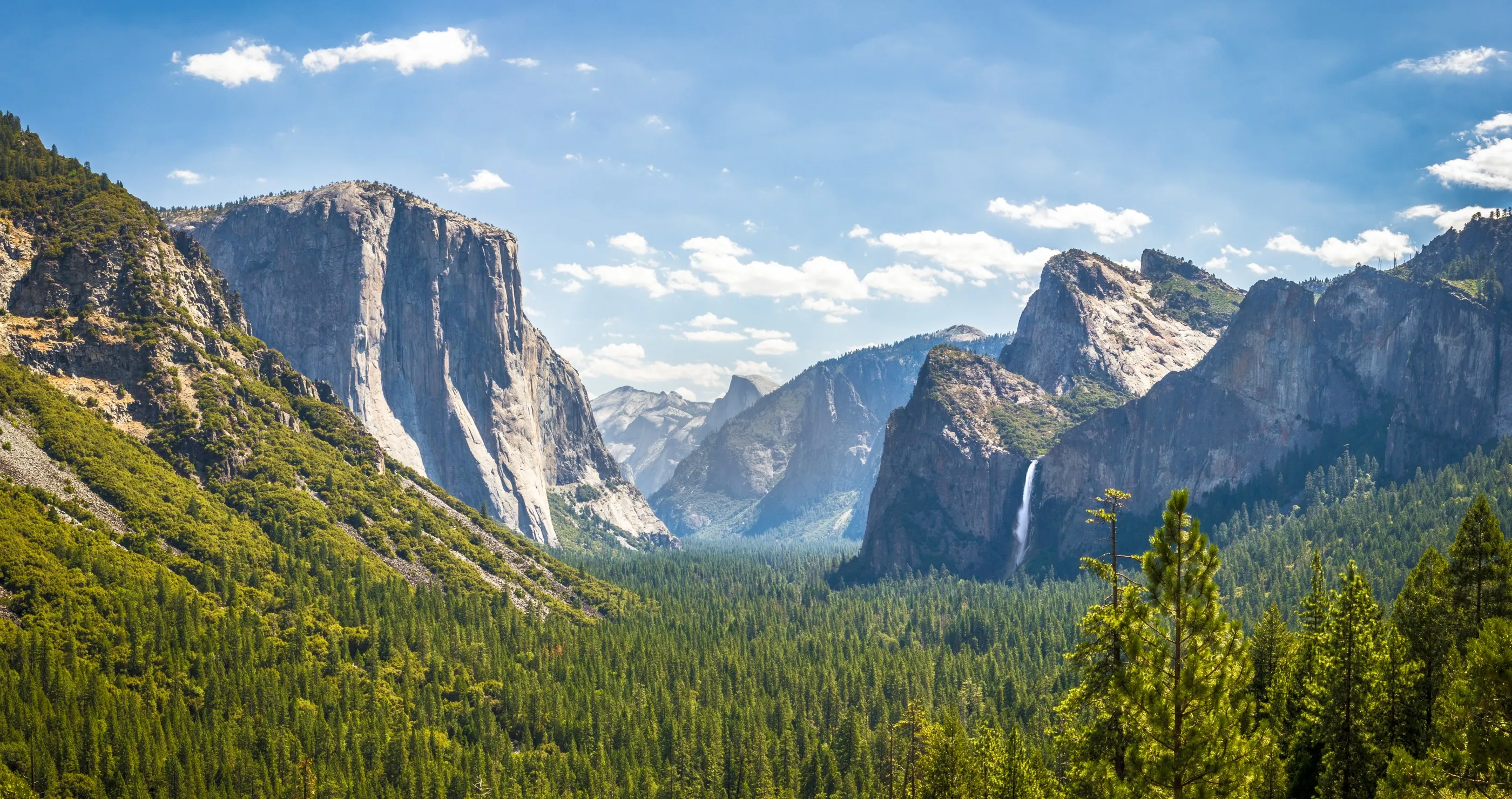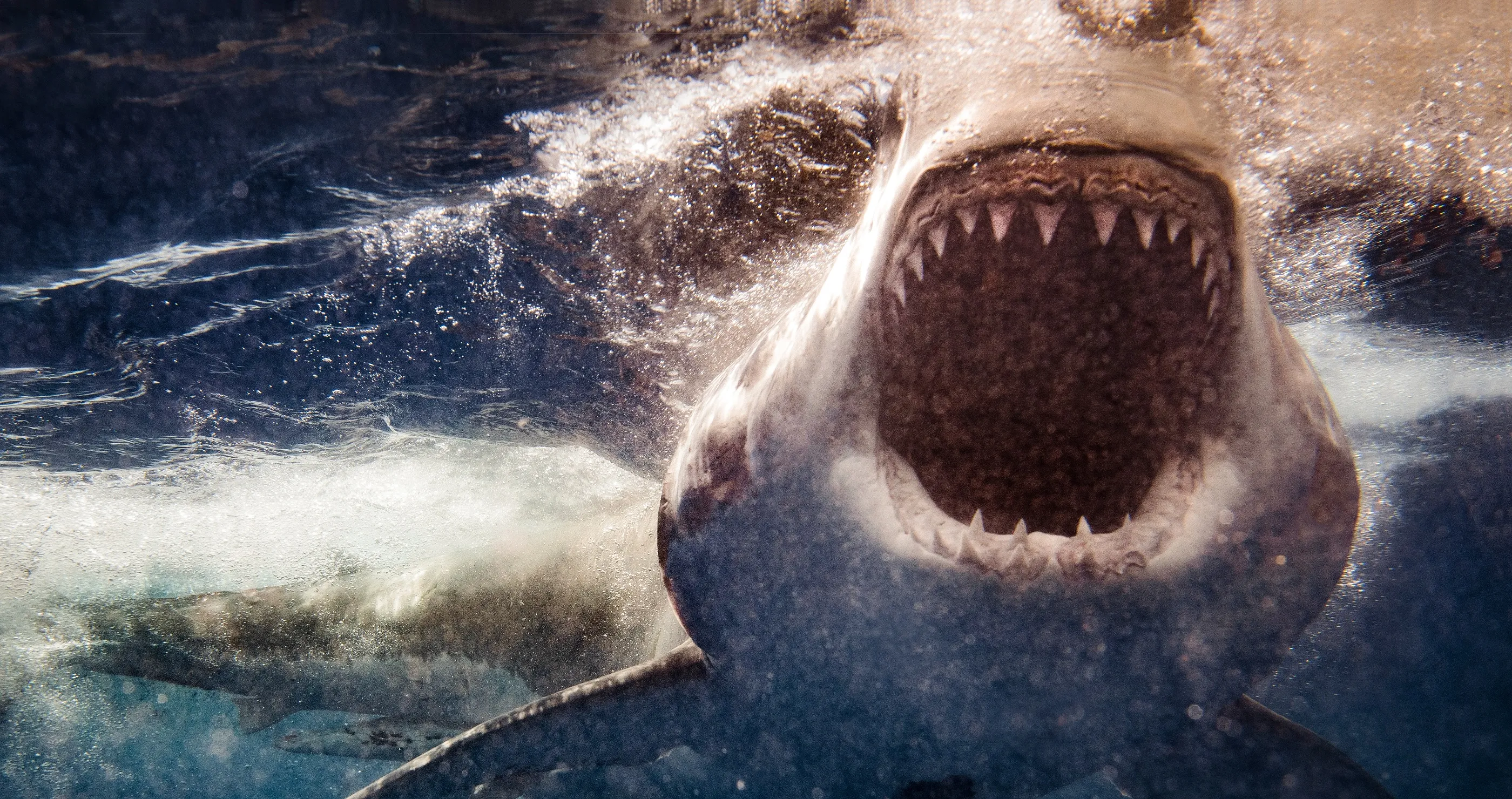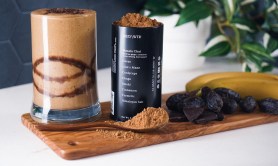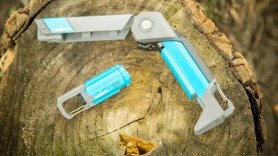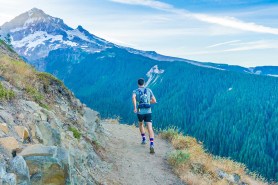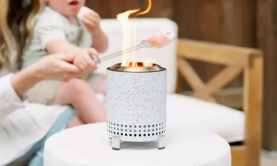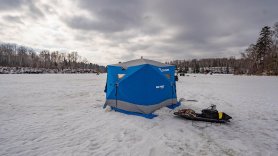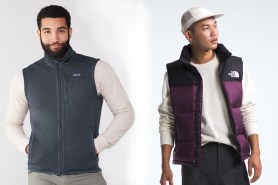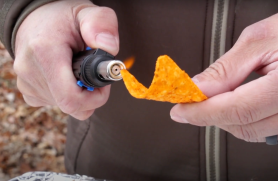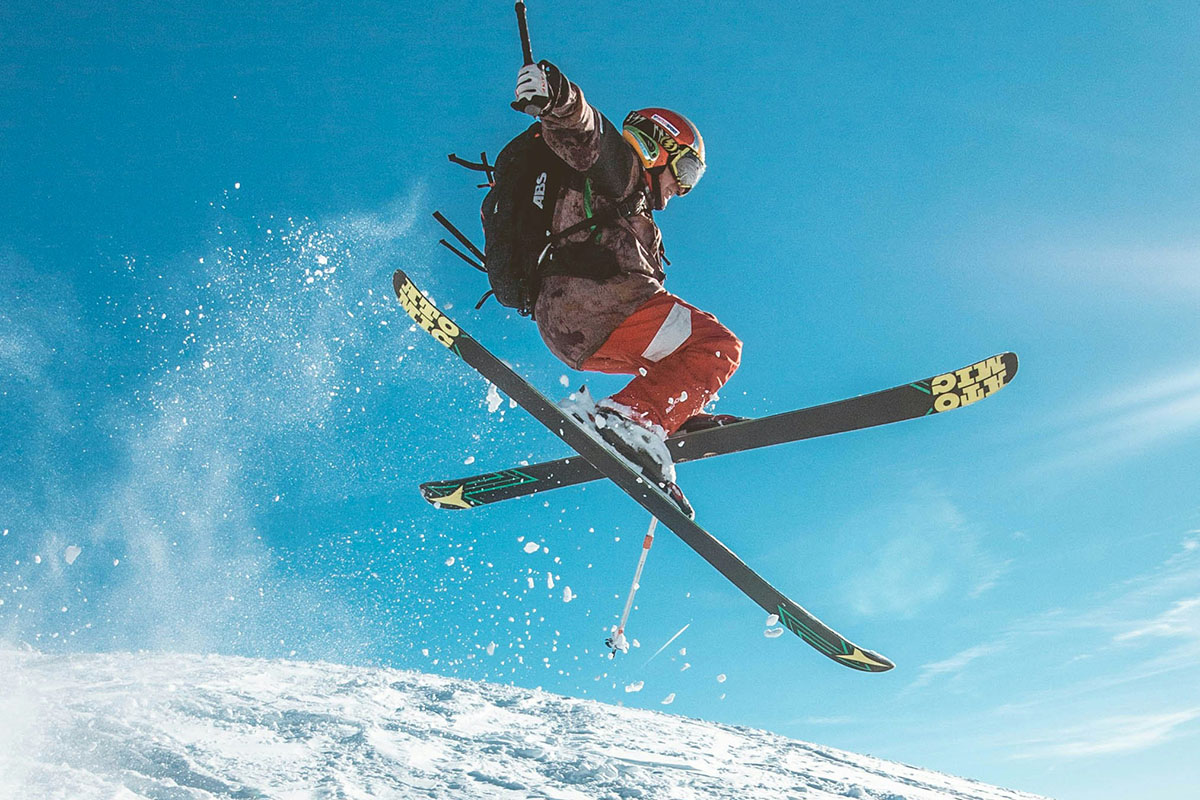

Winter is the season for taking on epic runs and different snowy terrains. But it can be very hard to enjoy your time at the ski resort when you don’t have a solid outer shell jacket that will keep you warm and dry when you’re out in the frozen terrain.
Videos by Outdoors
As we enter peak ski season, it’s important to make sure your ski gear is in good condition before you get out on those frigid chairlift rides to the top of the slopes. If not, you might be in need of an update.
The best women’s ski jacket is the Columbia Whirlibird IV Interchange 3-in-1 Jacket. Made for fast-changing conditions out on your favorite slopes, this jacket is versatile enough to have you covered in just about any situation.
But that’s not all: we’ve got picks for dry snow conditions, snowboarding, or even just hanging out in town. Read on to see our picks for the eight best women’s ski jackets for 2024.
This post contains affiliate links. Outdoors.com may earn a commission when you make a purchase through these links. Thank you for your support.
Best Women’s Ski Jackets:
- Best Overall: Columbia Whirlibird IV Interchange 3-in-1 Jacket
- Best for Dry Snow Conditions: Columbia Kruser Ridge II Softshell Jacket
- Best for the Resort: Patagonia Insulated Powder Town Jacket
- Best for Backcountry Skiing: Outdoor Research Skytour AscentShell Jacket
- Best for Regulating Body Temperature: Columbia Ava Alpine Insulated Jacket
- Jacket with the Most Features: REI Co-Op Powderbound Insulated Jacket
- Best for Skiing or Snowboarding: The North Face ThermoBall Eco Snow Triclimate 3-in-1 Jacket
- Best Pullover Jacket: The North Face Driftview Anorak
Best Overall: Columbia Whirlibird IV Interchange 3-in-1 Jacket
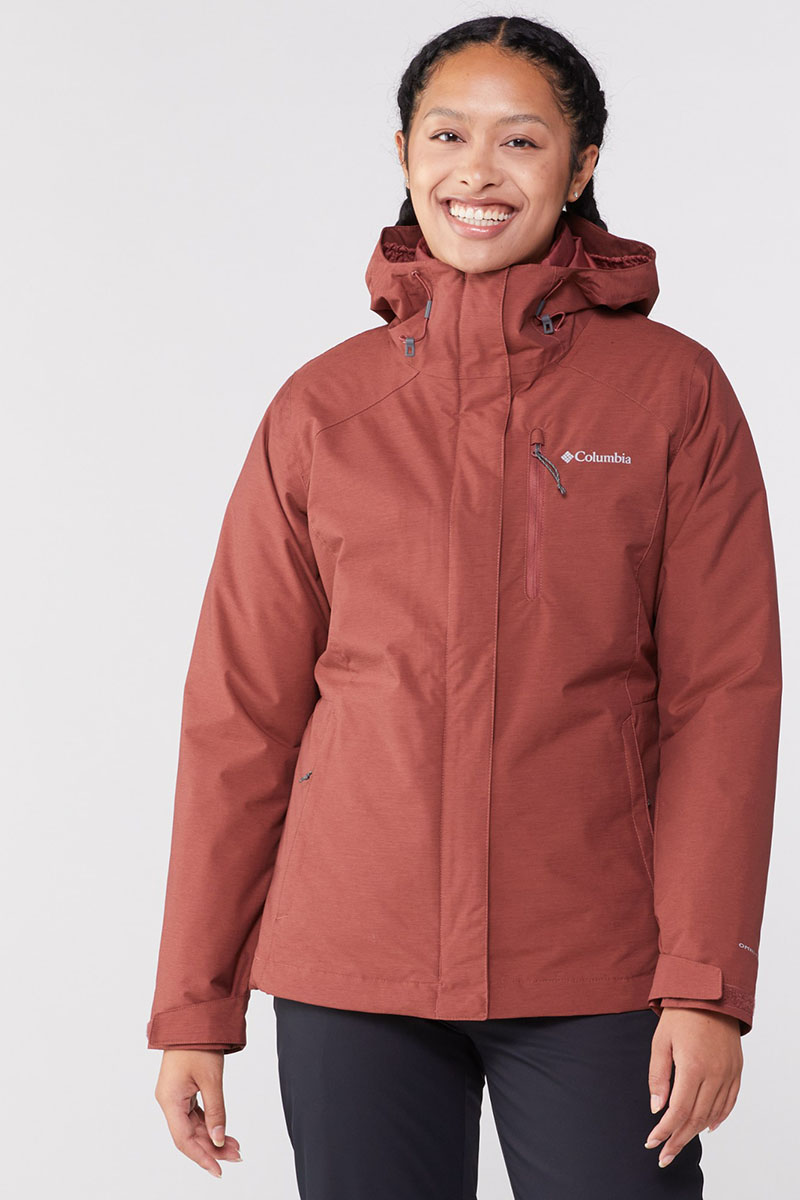
Columbia is known for their excellent quality and versatility in outdoor gear, and their women’s ski jackets are no exception. Whether it’s below freezing or the sun is shining down on you, this women’s ski jacket is windproof and waterproof with critically sealed seams.
With various attachments like a draw-cord adjustable hood, hem, and cuffs. Zip into this jacket as just the hardshell, the liner alone, or both pieces. The Whirlibird IV also features underarm venting pit zips that will allow you to regulate temperatures on your own.
Buying a three-in-one jacket will allow you the versatility you need during a ski trip when the weather is changing throughout the day. The inner lining hugs the contours of the female body while the hardshell fits more loosely, great for layering.
With all of these features and so many more, this has our vote for the best women’s ski jacket.
Best for Dry Snow Conditions: Columbia Kruser Ridge Softshell Jacket
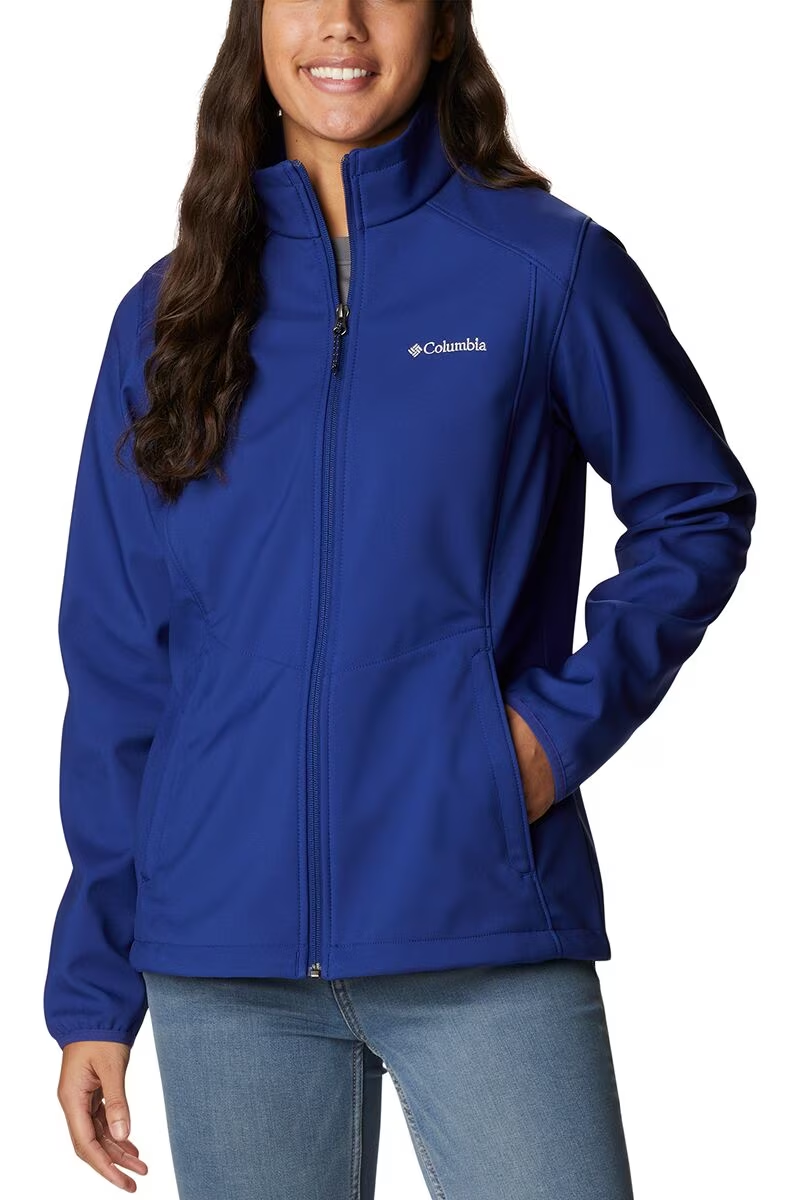
Looking for an excellent softshell jacket for dry snow? The Columbia Kruser Ridge Softshell Jacket is a great option. Dry snow conditions are when it is cold from the top of the atmosphere all the way down to the surface. Dry snowflakes will not stick together making them lightweight and airy.
The Kruser Ridge is wind and water-resistant which is great for overcast days. The jacket also features elastic, adjustable cuffs and a standing, extended collar for extra warmth and protection as well as zippered pockets to keep your cargo safe while traveling downhill.
The Columbia Kruser is made of a stretchy and breathable material that can be warm during dry snow conditions or out on a winter hike. The jacket also features an adjustable hem to help insulate your body heat when you’re out on the slopes.
Best for the Resort: Patagonia Insulated Powder Town Jacket
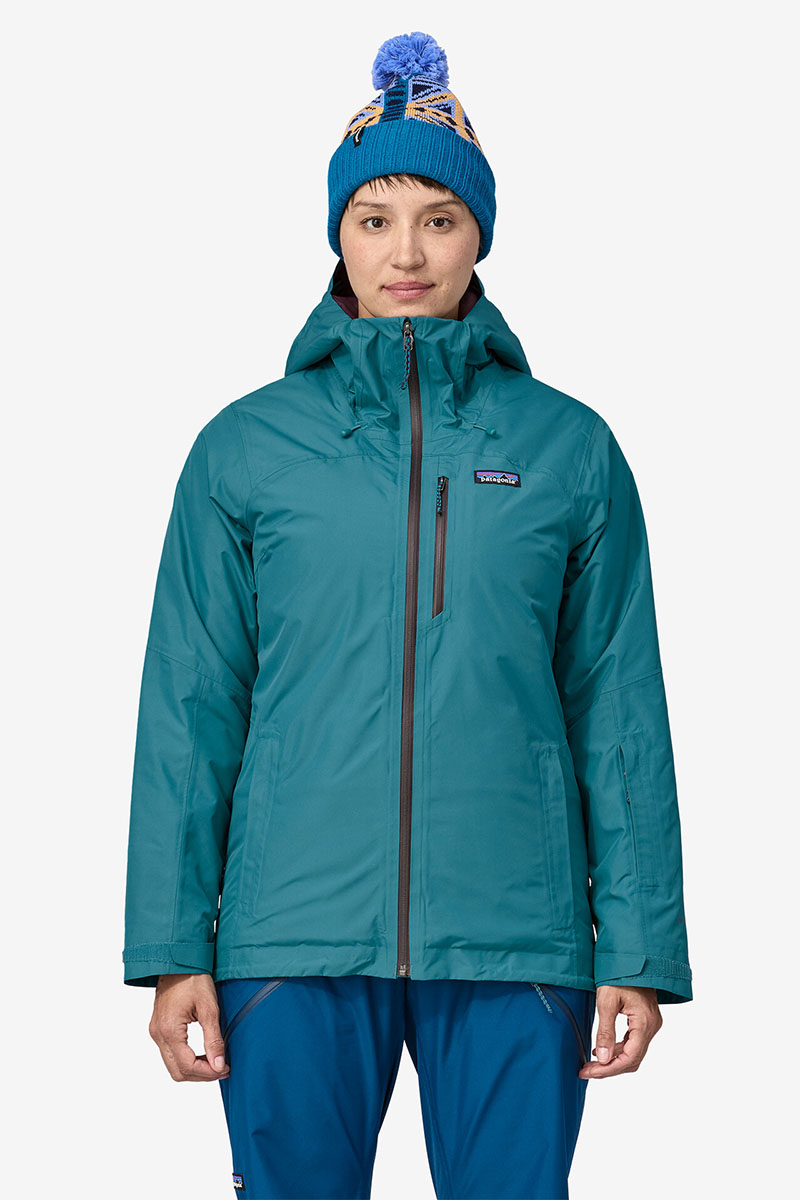
If you are strictly into resort skiing, you don’t need all of the fancy frills of a three-in-one jacket and you definitely do not want a softshell jacket, as it will get wet and uncomfortable very fast.
The Patagonia insulated powder town jacket is a great two-layer construction ski jacket that’s great for layering when you hit the slopes. Made with a breathable, yet windproof outer shell and a soft lining made of taffeta, this jacket will offer you snag-free comfort when adding or taking off layers.
Featuring a true-to-size fit, you’ll be protected from cold wind. This is a great, lightweight, yet warm women’s ski jacket that has handwarmer pockets that can zipper shut when not in use. This is a great jacket for those very cold days.
Best for Backcountry Skiing: Outdoor Research Skytour AscentShell Jacket
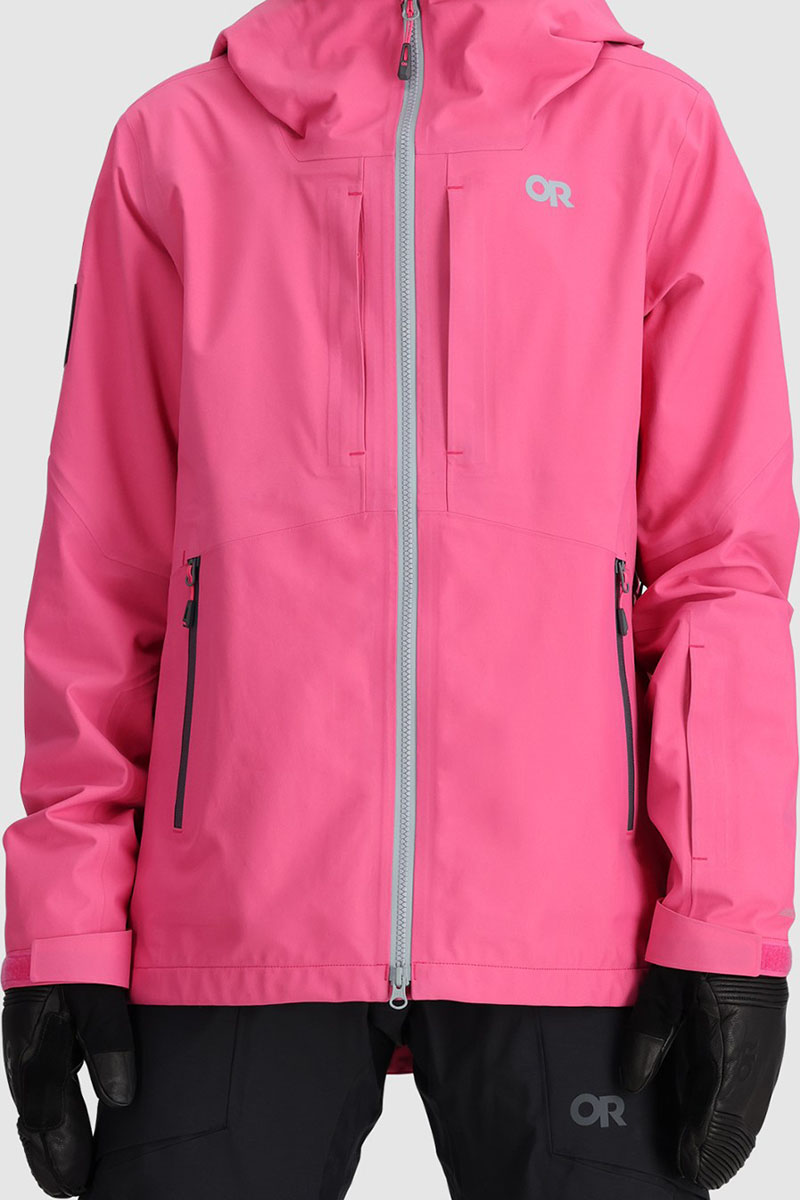
With three-layer construction, the Outdoor Research Skytour AscentShell women’s ski Jacket offers consumers breathable, yet waterproof protection from the elements when you’re out in the backcountry. The jacket also features fully taped seams.
The fabric is lightweight and stretchy making it an excellent choice when you’re weaving through the trees and heading through the snowy hills. The jacket is thigh-length and made of 93% nylon.
The Skytour AscentShell Jacket comes with a helmet-compatible hood this jacket features pit zips, a center zipper, and a tricot chin guard that will help minimize irritation out in the cold, dry air. The jacket also comes equipped with a pass pocket and an internal zipped media pocket.
Best for Regulating Body Temperature: Columbia Ava Alpine Insulated Jacket
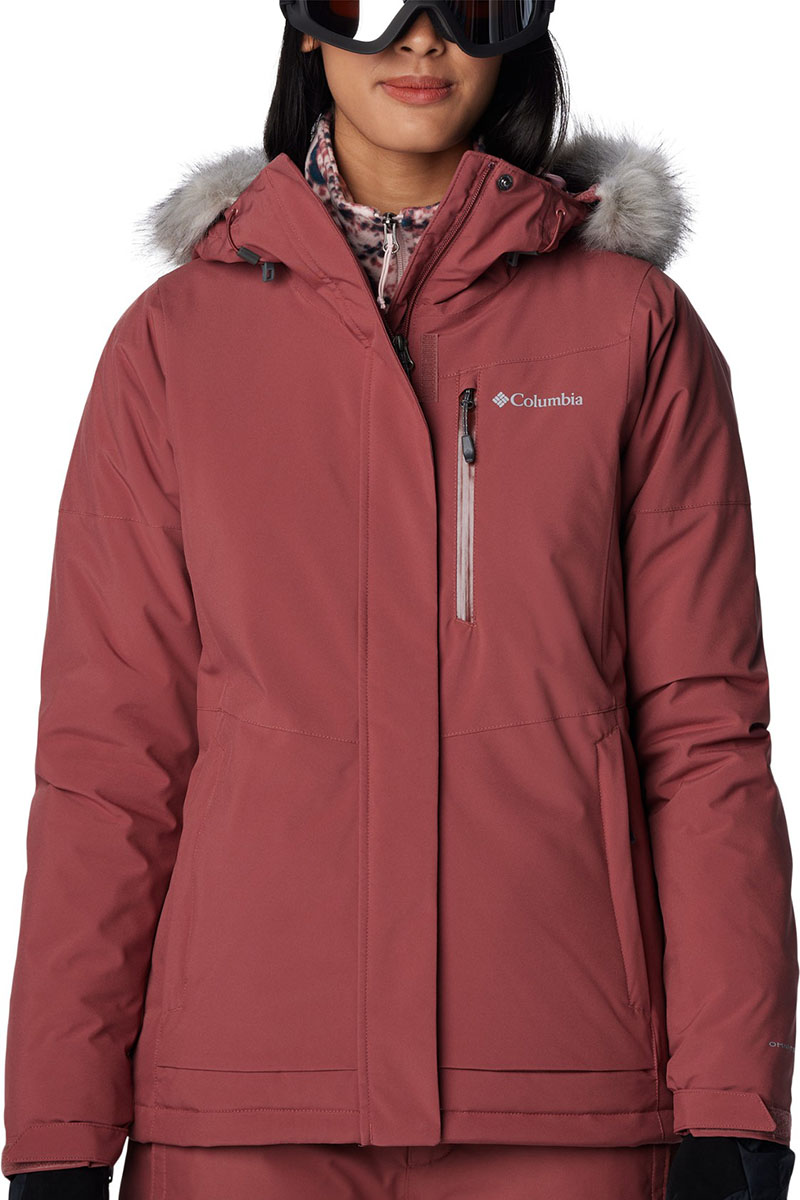
Regulating body temperature when you’re skiing can be challenging. It’s cold outside, but as you move, you begin to warm up. The Ava Alpine jacket is made with sealed seams to keep you protected from the weather but is also made to be breathable to ensure comfort outside.
It also comes with Omni-Heat thermal reflective technology that will help you regulate your body temperature—equipped with small, silver dots on the jacket that will work to reflect and retain body heat during your runs.
The Ava Alpine comes with a pass pocket as well as a goggle pocket. You can also adjust the sleeve cuffs and internal cuffs to help keep you protected from the ice and snow.
Jacket with the Most Features: REI Co-Op Powderbound Insulated Jacket
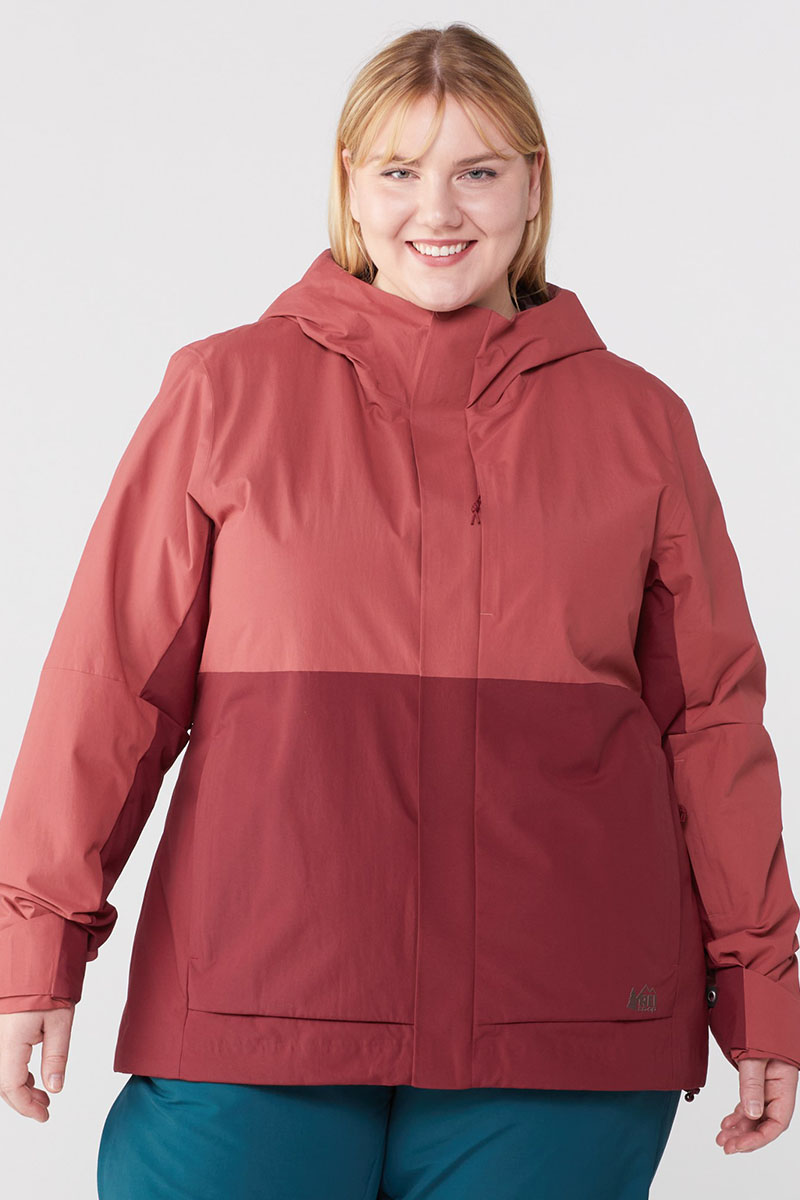
Some skiers are no-frills and are just looking for something to help them stay comfortable and warm when they’re in the snow. Others are looking to keep all their gear handy and are looking for chest pockets, a place to store their goggles, and a helmet-compatible hood. The Powderbound jacket does all of this.
The Powderbound jacket features two-layer construction and 80 grams of synthetic insulation. The hood is big enough to fit around your ski helmet and there are a variety of pockets for all of your gear and a place to store your headphones to stay connected to the tunes all day.
This jacket by REI also comes with interior pockets and underarm vents that will keep your phone and ski pass protected and keep you cool while you explore the mountains.
Best for Skiing and Snowboarding: The North Face ThermoBall Eco Snow Triclimate 3-in-1 Jacket
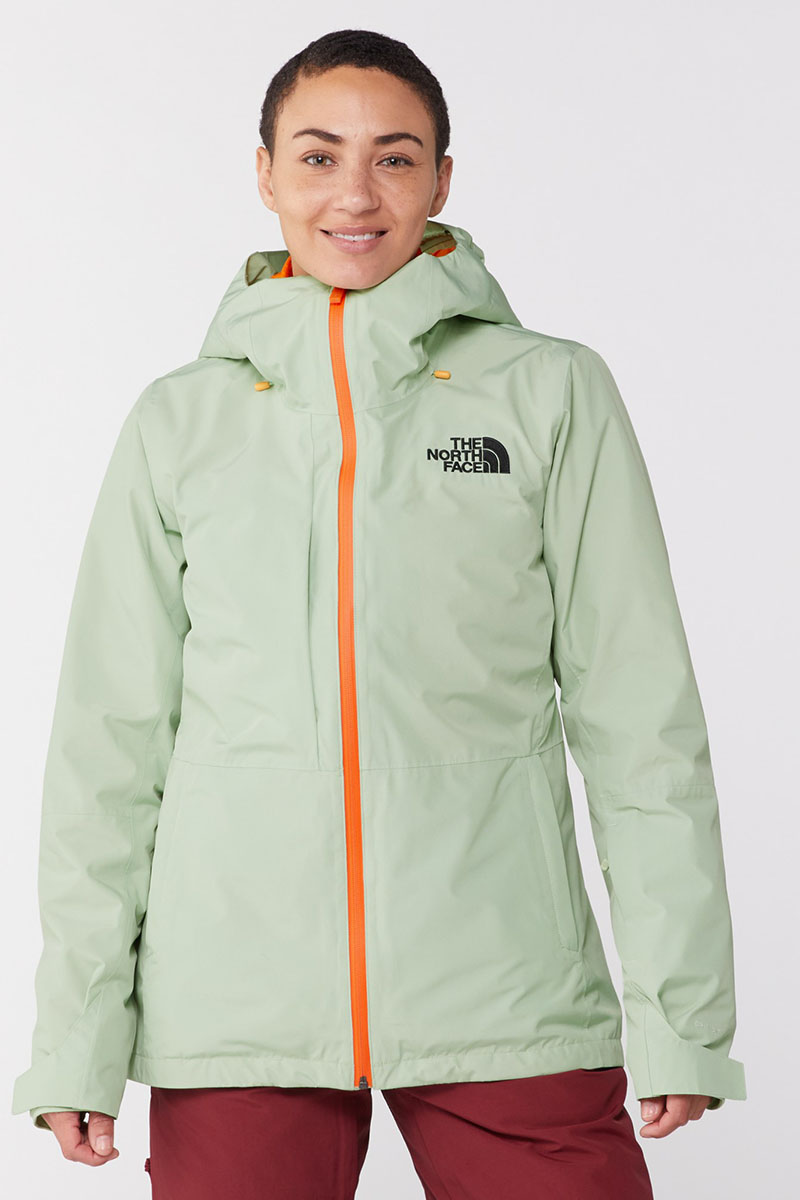
Three-in-one jackets are excellent options when you aren’t entirely sure what conditions you’ll be heading out into. This one by The North Face comes with covered, zippered hand pockets and chest pockets, as well as a snap-down powder skirt made with gripper elastic.
The inner layer of this jacket features synthetic insulation that will keep you warm even if it gets dry. The insulation of this jacket will provide weather protection throughout the entire season.
If you’re a fan of The North Face, this is a great jacket for you because both the outer fabric and inner jacket are zip-in compatible with complementing North Face garments that are available for purchase. The jacket’s weight is just over two pounds.
Best Pullover Jacket: The North Face Driftview Anorak
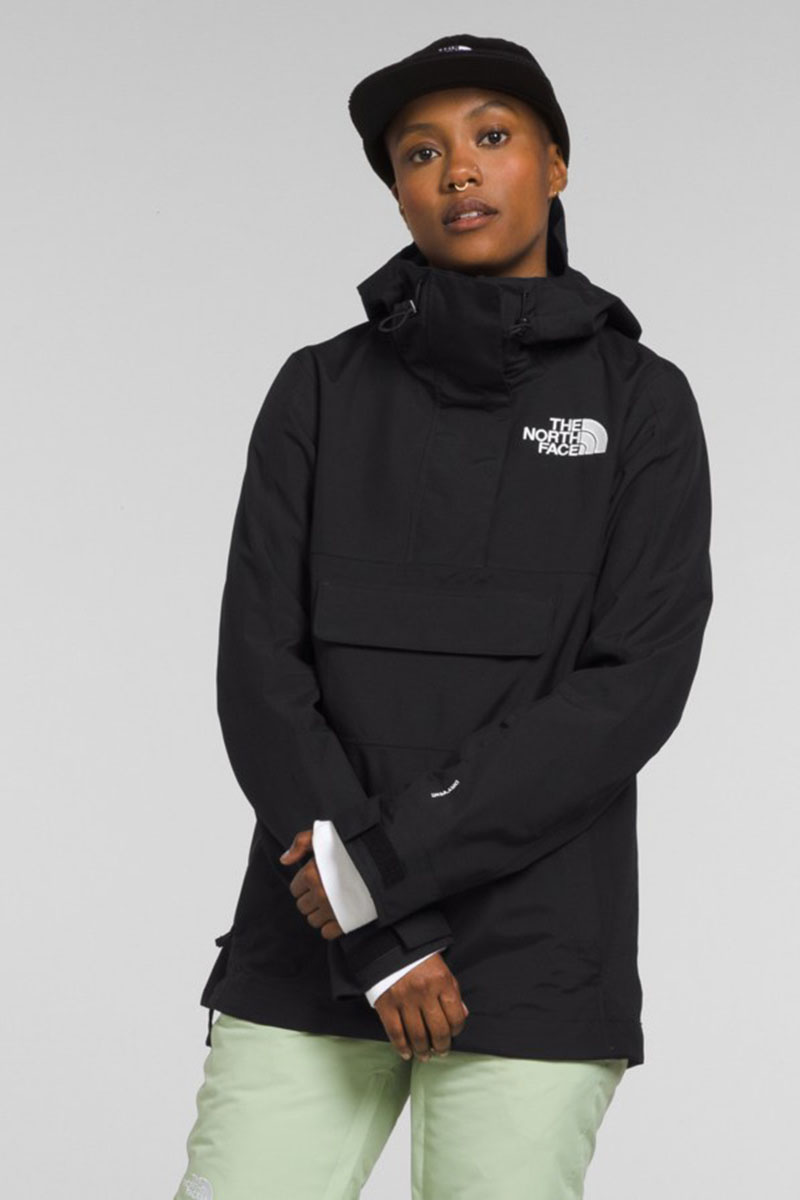
Do you prefer the feeling and style of a pullover rather than a traditional zip-up jacket? Then I would suggest checking out The North Face Driftview Anorak. The Driftview Anorak comes with stacked kangaroo pockets as well as a helmet-compatible hood.
The jacket is lightweight and made to have a standard fit. and can be worn in the wet snow. It also features excellent, waterproof zippers that will keep your belongings dry when you’re out on the slopes.
How to Shop for a Women’s Ski Jacket
While women’s ski jackets are designed to fit the female form, the basic purpose of any ski jacket is to keep your body warm and dry while you’re on the slopes. Before you buy one, though, you should consider the features you want, the activities you plan on doing, and the area you plan on skiing. You should let environmental factors such as temperature and type of snow (wet snow vs dry snow) help guide your decision.
Additionally, you should ask yourself questions about what you want and don’t want. Do you want a powder skirt? If you do, do you want it to be a removable powder skirt? How important is it for you to have a breathable jacket when you’re out in the snow? Do you need hand pockets? These are all important questions to ask while shopping.
Types of Ski Jackets
Ski jackets vary by their durability, breathability, and insulation. There are four different types, which include insulated, hardshell, three-in-one, and softshell jackets.
Insulated Jackets
Insulated jackets are often made using synthetic insulation, which makes them more affordable and reliable even when they’re wet. The downside of an insulated jacket is that the amount of insulation varies by brand and design. However, it’s an easy issue to resolve if you wear a warm base layer.
Hardshell Jackets
Hardshell jackets are a great option for people who like to layer up. They offer minimal insulation but they’re lightweight and they’ll keep you dry from wet snowy weather.
Within the realm of hardshell jackets, there are two options for shell jackets: resort-focused and backcountry. Resort-focused hardshell jackets are made for layering, so they have a looser fit, and backcountry-style hardshell jackets are equipped with lots of pockets so you can carry more gear.
Three-In-Ones
A three-in-one jacket is a value option as it combines the two coats listed above. It features a waterproof outer shell and a removable insulated layer. The idea behind the design is you can adjust the jacket based on weather conditions and temperature. Three-in-ones are also great options because you can wear the insulated liner as a light jacket when you’re not skiing.
Softshells
Softshell jackets are less common but are great for “dry” snow conditions, which you’ll find if you ski in areas like Utah or Colorado. They’re breathable jackets and are often designed using spandex, a material that makes them stretchy and comfortable. With that said, softshells provide some coverage and lots of mobility, but they are not meant for prolonged use in wet conditions.
Common Features of a Ski Jacket
A standard ski jacket contains features designed to keep you warm and dry or safe. Almost all ski jackets will either be constructed from water resistant or waterproof materials, and they might also feature a hood, drawcords, zippered vents, thumbholes, and reflective materials.
For newbies, storage is an often overlooked feature. Fortunately, there are a bunch to consider: chest pocket, left chest pocket, pass pocket, hand pockets, internal mesh drop pockets, and other exterior pockets. The point of offering so many pocket features is to make life easier for carrying other gear, such as a phone, water, safety whistle, or whatever.
Another feature to you may want to consider are powder skirts. A powder skirt — sometimes called a waist gaiter — is an inner garment, often attached to your jacket, designed to prevent snow from getting inside your coat. It’s especially helpful for when you’re skiing in deep, snow areas.
Frequently Asked Questions
Finding your perfect ski jacket can be a difficult and time-consuming task. Thankfully, there are a lot of options on the market to ensure that you feel your best out on the slopes. When heading out to go skiing, there are a lot of things to consider before pressing purchase.
What kind of fit do I want?
When you’re shopping for a ski jacket, you should look for one that fits comfortably, meaning not too tight and not too loose. While wearing the jacket, you should be able to move freely and have enough extra space to wear base layer and mid layer clothing.
What makes a good ski jacket?
A good ski jacket really depends on your needs and what kind of skiing you’re planning to do during your trip. If you love skiing but hate being cold, you want a jacket that is well-insulated.
Make sure you also keep in mind that you will be moving around as you ski, and there’s a chance of sweat, which means you’ll want to make sure there’s a level of breathability in your jacket to make sure you don’t trap any sweat inside the jacket.
Are all ski jackets waterproof?
Not all ski jackets are waterproof, but almost all of them will be water resistant. Softshell jackets are great for dry snow conditions, but they might be inadequate for the prolonged wet you may encounter in the backcountry or at the resort. If you know you’ll be doing a variety of skiing in different conditions, you’ll want a hybrid coat.
What do 2L and 3L mean?
An experienced skier will most likely know what to look for when they’re on the market for a new ski jacket. But if you’ve never gone and this is your first season, it’s important to understand the amount of protection you’re getting.
The term “2L” stands for “two layers.” Layer one is the outer-facing layer that has been bonded to the waterproof membrane. The second layer is the inside lining, which is often made of mesh. This can often be detached from the rest of the coat.
“3L” stands for — you guessed it — “three layers.” A jacket with 3L construction will feature a face fabric, a membrane, and a smooth fabric liner. A three layer jacket differ from two layers because their liner is often connected to the inside of the jacket, rather than being detachable.
What do I wear under a ski jacket?
When you’re heading out into the snow, you have to make sure you’re prepared. Make sure you have a moisture-wicking base layer that will prevent you from feeling the sweat on your body.
Between your base layer and your jacket, you’ll want to add an insulating mid-layer. This can be a lightweight insulated jacket, sweater, or a light-down jacket. The key to your mid layer is that it not be too heavy under your coat.
From there, you can choose whatever kind of coat you prefer for your shell layer, as long as it’s lightweight, and you stay warm.
Is there a difference between ski jackets and snowboard jackets?
There are a few slight differences in the construction of ski jacket and a snowboard jacket. That being said, they are similar enough that you can wear them interchangeably if you have one already and don’t want to buy the other.
The main difference between a ski jacket and a snowboarding jacket is that snowboard jackets have a much looser fit overall. When you’re skiing, you don’t need as much upper-body movement as you do when snowboarding.
Snowboarding jackets are also made to be a little longer to help keep you warm when you’re attaching your snowboard, as you’ll have to sit in the snow for a longer period of time than when you’re putting on your skis.
Although there are many ski-specific jackets available, there are also plenty available that can be used for skiing or snowboarding. However, if you prefer ski-specific features, you’ll want to go for a skiing jacket only.
The Best Womens’ Ski Jackets
Choosing the best ski jacket for you can be tricky. There are hundreds of options out there, so how can you ensure that you find the best ski jacket for your personal preferences?
Choosing the right kind of insulation for the snow conditions you’ll be in is incredibly important, as is making sure that you stay dry and warm, without getting wet from sweating out on the slopes or in the backcountry.
You also want to make sure that your coat will be able to hold all your gear and that it fits comfortably, whether that be a slim cut, or a looser, snowboarding-style jacket.
Our top pick for the best all-around ski jacket for women is the Columbia Whirlibird IV Interchange 3-in-1 Jacket. This jacket has a ton of adjustable features that make for an incredibly versatile jacket that’s suitable for a wide range of conditions.
But no matter whether you’re dressing for the backcountry slopes or the lodge, you can’t go wrong with one of our picks for the best ski jackets for women. See you on the slopes!
